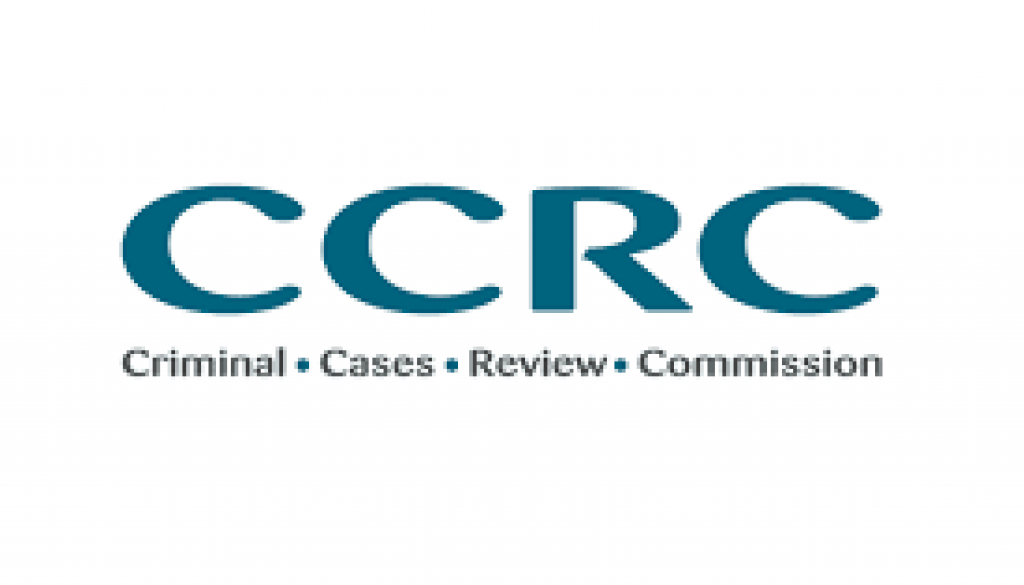CCRC refers Colin Norris convictions to the Court of Appeal
The following press release was issued by the Criminal Cases Review Commission (CCRC) yesterday (12 February 2021):
The Criminal Cases Review Commission has referred the murder and attempted murder convictions of Colin Norris to the Court of Appeal.
On 3 March 2008 Colin Norris was convicted, by majority, of murdering four women and attempting to murder another, by injecting them with insulin. All five women were elderly inpatients on orthopaedic wards where Mr Norris worked as a nurse. Following a detailed review of this complex and difficult case, the CCRC has decided to refer all five of Mr Norris’s convictions to the Court of Appeal.
Mrs Ethel Hall developed severe hypoglycaemia whilst in hospital and died on 11 December 2002. There is no dispute that she was murdered by the injection of insulin. An investigation concluded that over several months four other elderly female patients in the area had also developed severe unexplained hypoglycaemia and three of them had died shortly afterwards.
Following a 5 month trial in the Crown Court at Newcastle upon Tyne, Mr Norris was convicted of 4 counts of murder and a single count of attempted murder. He was sentenced to life imprisonment with a minimum term of 30 years. The case against him was wholly circumstantial and heavily reliant on expert opinion evidence. A total of 20 experts gave evidence at the trial on a number of complex medical and scientific issues.
The prosecution said that spontaneous hypoglycaemia was extremely rare, and it was extraordinary to have a cluster of cases in one place in such a short space of time. They alleged that Mr Norris was present when or shortly before each of the patients became hypoglycaemic, and that his presence was the only factor common to all five cases. Mr Norris denied any wrongdoing and maintained that he had done nothing to induce hypoglycaemia in any of the patients.
Mr Norris appealed against his conviction but was turned down by the Court of Appeal in December 2009. He applied to the CCRC in October 2011.
As part of its highly complex review, the CCRC considered new expert evidence presented by Mr Norris’s representatives and instructed its own expert to provide a number of reports. The experts agree that the hypoglycaemia in the four patients other than Mrs Hall may be accounted for by natural causes. The new expert evidence has also highlighted several other relevant developments in the understanding of hypoglycaemia, including its prevalence in the elderly and frail, which cast further doubt on the expert opinion relied upon by the prosecution at trial. This new expert evidence explored recent developments in a complex area where scientific understanding is still developing.
As a result of the new expert evidence, the CCRC has concluded that there is a real possibility that the Court of Appeal will decide that that Mr Norris’s conviction for the murder / attempted murder of one or more of the four patients is unsafe. As regards the murder of Mrs Hall, the CCRC considers that this conviction depends upon support from the other 4 cases and the prosecution’s assertion that no-one other than Mr Norris could have been responsible. In light of the new expert evidence, the CCRC is satisfied that this assertion is now less secure and that, as a result, there is a real possibility that the Court of Appeal will quash this conviction too.
In reaching this decision, the CCRC has been greatly assisted by the submissions put forward by Mr Norris’s representatives throughout the review.

![16[2]](https://mojoscotland.org/wp-content/uploads/2024/06/162-1024x768-394x330.jpg)

